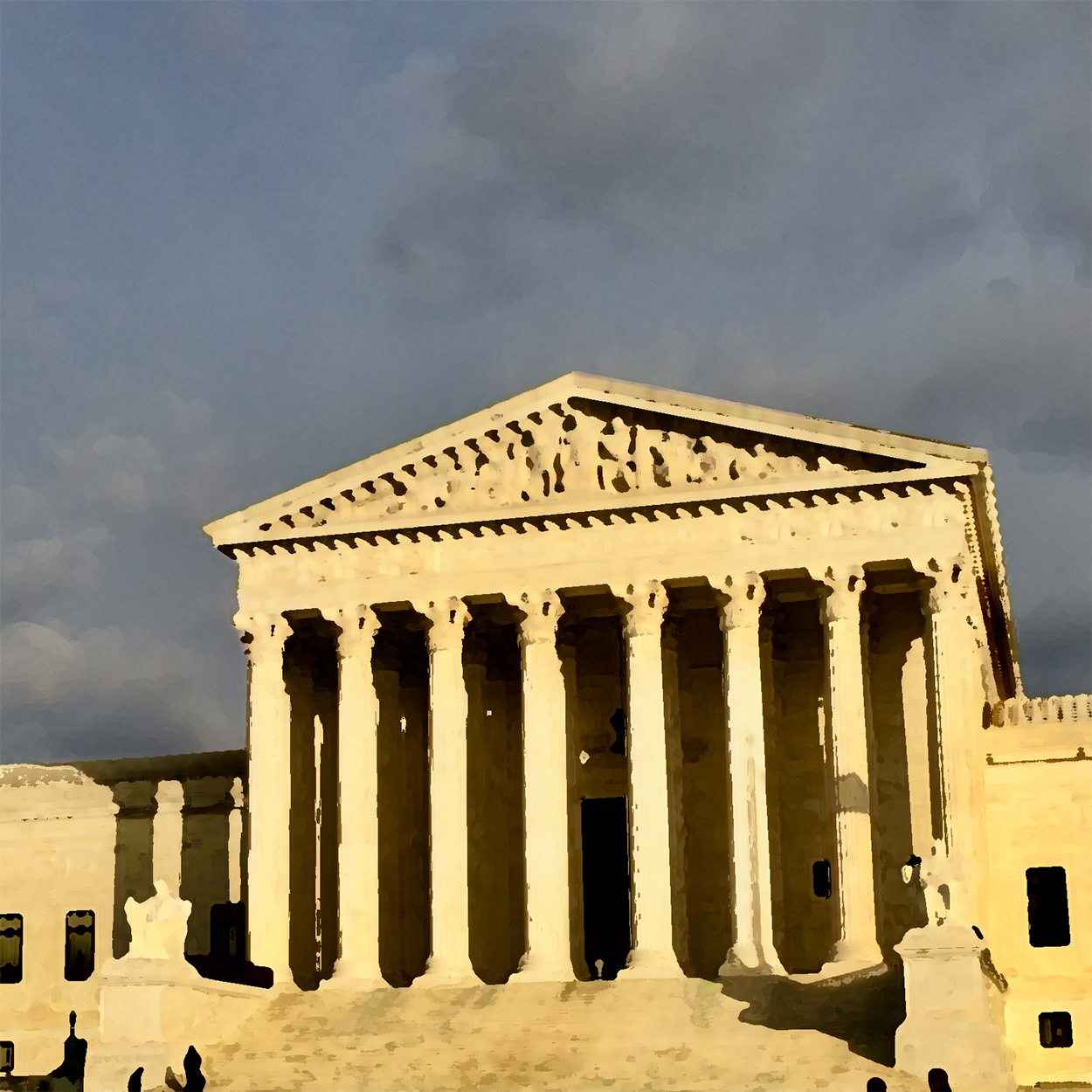As an instructor in the social sciences who is devoted to the Restored Gospel, I see exciting ways to advance social science research through gospel-based approaches. Although I am not currently employed by BYU (I teach at BYU-Idaho), I am committed to the institution’s mission to “find gospel ways to help mankind.” At times, I have felt disappointed when I hear of faculty members at BYU who use religious language to advance secular perspectives, especially when it puts students at odds with gospel teachings or prophetic counsel. We have a built-in tendency to fixate on lurid stories.
I’ve seen many variations of these complaints. Some call for mass firings. Some call for a cessation of all donations. Some call for boycotts! Here are just two examples I’ve seen recently:
“[BYU is] spiritually dangerous to many unsuspecting church member youths and their parents who think all is well at BYU.”
“Remind me not to provide any financial support to grandchildren who express an interest in attending BYU.”
To my fellow brothers and sisters who are frustrated, I make the following appeal: Our loyalty to a beloved institution must go deeper than our current culture war. It is a cheap loyalty that throws a beloved institution under the bus on the basis of rumors or even on the basis of valid concerns.
Some humility is in order. In psychology, we learn that we are exceptionally bad at evaluating relative risk. If you ask the average person if they are safer walking the streets today than 40 years ago, most will say no—despite the fact that rates of violent crime have plummeted. For one example, close to home: Headlines linking modesty culture to rape never mention that—even accounting for underreporting—BYU’s incidence of sexual assault is substantially lower than at other universities.
In other words, we have a built-in tendency to fixate on and generalize from lurid stories. And in this case, we largely ignore the myriads of less sensational examples of faculty delivering on the university’s mission. Those stories don’t make it into the gossip. So I’ll admit to pulling my hair out a bit when I hear people say, in response to an anecdote about some perceived failing, “I now encourage other parents to consider sending their children elsewhere.”
Where else? There isn’t another institution in this nation—except its sister institutions in Idaho and Hawaii—where students can learn secular subjects from instructors who are passionate about divine truth and who reinforce moral standards. Why throw all that away?
For all the scaremongering about BYU going “woke,” it’s still the most politically balanced university in the nation—and given the trends of all academic institutions to lean even more leftward, this also means it is still one of the most politically conservative universities in the nation! Fourth most, by some estimates, with only Liberty University, Cedarville University, and BYU-Idaho listed as more conservative. I do not think that doctrinal orthodoxy should be measured in political terms, but I think this should give politically conservative members of the Church some pause before disparaging the institution.
Institutional trust is easier to destroy than create. Like individual trust, institutional trust is difficult to build and very easy to lose. It is like an oak that takes decades to grow but can be chopped down in an afternoon. This is why it’s so damaging when trusted cultural institutions abuse that trust. To mix metaphors, the seeds of distrust, once planted, can grow perennially for years to come. This is perhaps one of many reasons I hope we all—anyone connected to BYU—will take these stories seriously and work to address these concerns.
But none of us can accomplish alone what can be accomplished through an institution like BYU. The institution cannot fulfill its prophetic purpose if institutional trust has been destroyed, and when we click “share” on every story, rumor, or piece of gossip, we might as well be taking hatchets of our own to that tree. Fomenting online outrage does not do any actual good. Not because those stories aren’t important—the right people should hear them—but your Facebook friends and Twitter followers are not the right people.
Let’s not make our trust in church universities the latest victim of the culture war. I invite Latter-day Saint journalists and podcasters who concentrate and amplify stories about faculty or student misbehavior at BYU to consider a more productive approach. Broadcasting them in public venues doesn’t actually help the institution—it merely puts embattled administrators on the defensive and spreads seeds of mistrust that will continue to grow long after any perceived issues have been addressed.
Those of us concerned about institutional drift at BYU need to convey those concerns in a different way than those who disparage the institution for upholding Church teachings. When we pursue activist strategies and engage in pressure tactics, we are using secular, worldly approaches to seek to advance the spiritual mission of the institution. We turn the affairs of a Church-sponsored institution into a battleground of public perception. Institutional trust is difficult to build and very easy to lose.
Institutional change requires patience and commitment. Many think of tending an institution like weeding a garden. However (to reuse a metaphor), tending a university with a divine mission is far more like caring for an orchard than a garden. Every tree in the orchard represents years of investment and care. Actions taken today can have effects that won’t manifest for years to come. Changing the direction of an orchard is a decades-long process (compared to the weekend project of a garden).
We’ve witnessed tectonic cultural and legal shifts over the last ten years in the United States, particularly around sexuality and gender. The very soil has changed, so to speak. It would be unreasonable to expect that nobody at our beloved church schools would be influenced by those shifts. It’s understandable to be caught off-guard when we see evidence of these shifting worldviews within our own ranks. But adapting institutional norms to these new cultural winds is neither a simple nor quick affair.
Elder Holland’s address to faculty in the fall of 2021 communicated a clear message to those who have been concerned (paraphrased): “We hear you.” Elder Gilbert’s subsequent devotional address at BYU communicated another clear message: the prophet sits at the head of the board of trustees, and we can rest assured that the Lord has a plan for church schools.
BYU employs nearly 2,000 faculty and instructs tens of thousands of students. With an institution that large, in good weather or bad, we should expect to see outliers and issues crop up along the way—and it shouldn’t surprise us to hear gossip of lurid stories. However, those striving to make the university’s divine mission a living reality will continue to do so the way disciples usually do: without fanfare and often under-the-radar. So inevitably, these reparative efforts will be much less visible than the incidents that prompted them. I’d like to relay what Elder Clark C. Gilbert assured BYU faculty and students in his devotional address: “The good guys do win in the end, but sometimes it takes a little patience and even some faith.” That victory comes not by fixating our attention on our current cultural turmoils but on our Savior, Jesus Christ.
Celebrating BYU’s unfolding mission. In 1976, Elder Maxwell invited Latter-day Saint social scientists to “become more of a link and bridge between revealed truth and the world of scholarship.” In response to Elder Maxwell’s invitation (and other inspired directives from Church leadership), a number of faculty in BYU’s psychology department and across the university centered their research and theorizing on ways to advance a distinctively Latter-day Saint approach to the study of human behavior. They made it their professional mission to train a generation of Latter-day Saint students who take the Restored Gospel seriously in their research and practice—to be rigorous scholars, careful thinkers, and absolutely loyal to church doctrine and prophetic teachings.
Many of my mentors at BYU were committed to examining their discipline through the lens of the gospel. They took seriously the call to be disciple-scholars who interact sincerely with the consensus of their field but who are not ashamed to remain different and distinct from that consensus. Because of their tireless efforts, a seed planted by Elder Maxwell’s remarks 45 years ago has borne fruit in my life and given me a professional purpose and mission. At BYU, I learned to explore the worldviews and assumptions that inform the social sciences and to compare and contrast them with alternatives informed by revealed truth. I was introduced to thinkers like Terry Warner and others who advanced a vision of psychology grounded in the assumption that we are moral agents acting in moral contexts. Channel concerns in ways that build the institution.
This is why BYU is so dear to me. There, I was equipped with tools to help students maintain conviction. I love that institution with all my heart. May all of us who share that love take care to channel concerns in ways that build the institution rather than undermine and erode public trust.

















